Breaking News: Climate Progress Threatened at Cop30
The United Nations Climate Change Conference, Cop30, concluded on Saturday night in Belém, Brazil, with a flurry of agreements amidst a chaotic and challenging process. The talks, which began on November 6, were marked by intense heat, wildfires, and blistering political attacks on the multilateral system. Despite these obstacles, delegates managed to hammer out dozens of agreements on the final day, but the success of the conference remains uncertain.
The talks were plagued by several major setbacks, including the absence of key media representatives, which hindered the flow of information and created a sense of disconnection from the global community. Additionally, the ongoing war in Ukraine and the presence of former US President Donald Trump, who was a vocal critic of the conference, created a tense and divisive atmosphere.
The conference was also marked by a significant delay, with the talks running over 24 hours longer than planned. The final agreements were reached after last-ditch talks that went on into the early hours of the morning, as the UN structure just about held together.
The immediate impact of the conference is unclear, but the agreements reached are expected to have significant implications for global climate policy. The conference's success will be closely watched by governments, civil society, and the international community, who will be waiting to see how the agreements are implemented.
The Cop30 conference took place in the midst of a global climate crisis, with devastating wildfires, heatwaves, and extreme weather events becoming increasingly common. The conference was attended by over 30,000 delegates from around the world, including government representatives, civil society leaders, and business executives.
As the conference concluded, the world is left to wonder what the future holds for climate progress. The agreements reached at Cop30 will be subject to scrutiny and negotiation in the coming months, and it remains to be seen whether they will be enough to address the urgent threat of climate change.



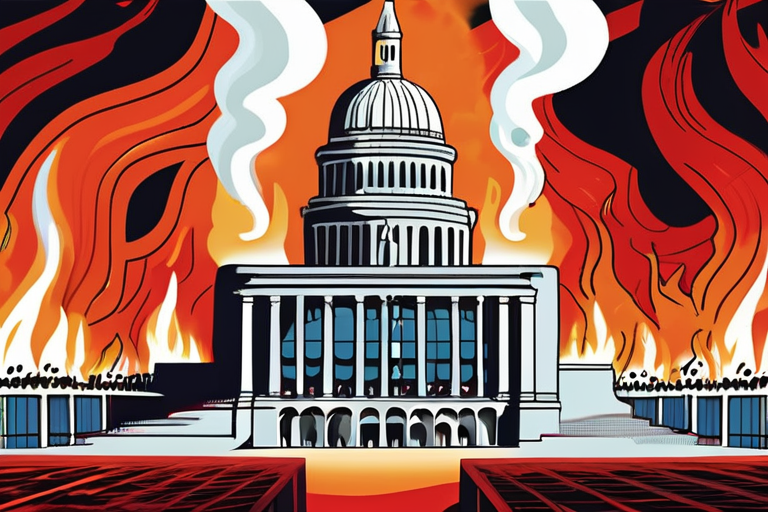


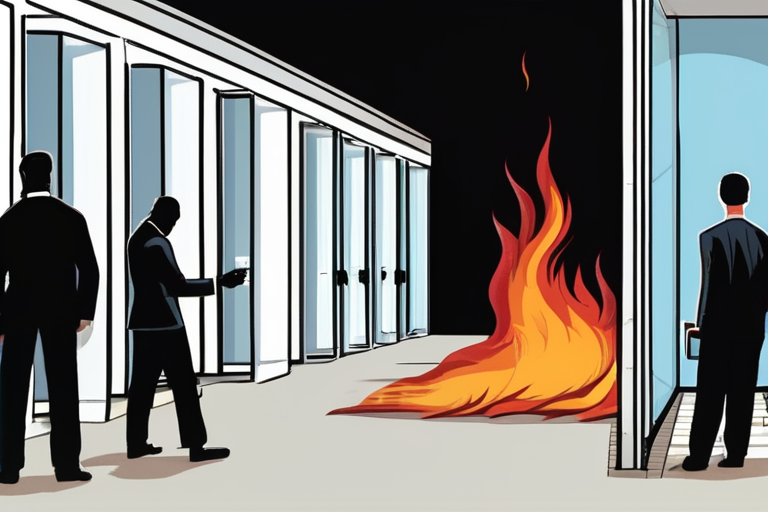
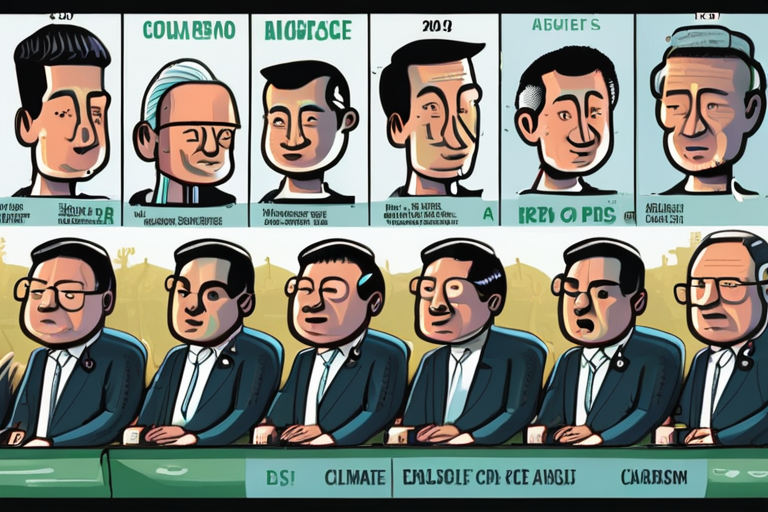
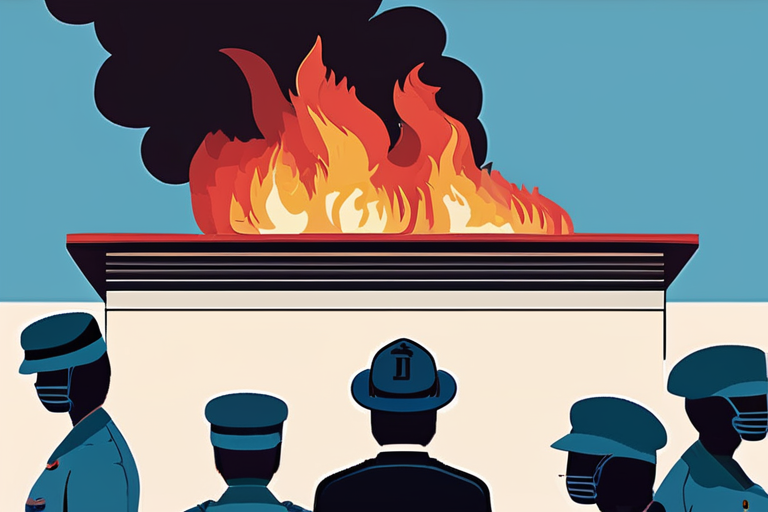
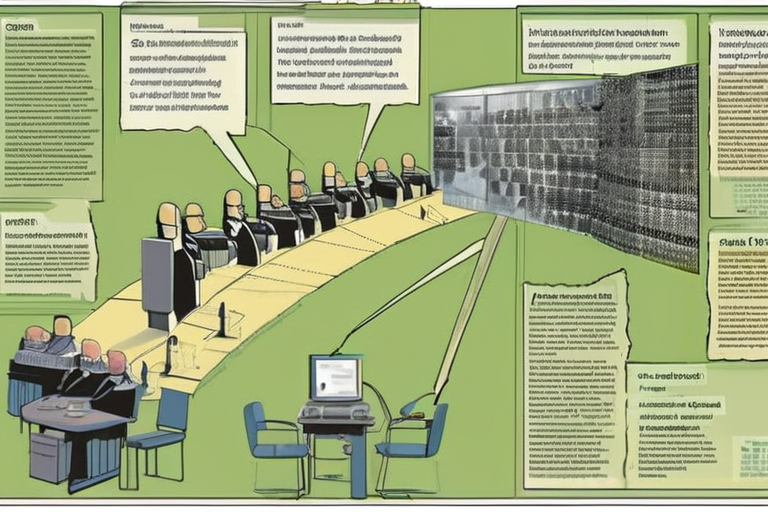



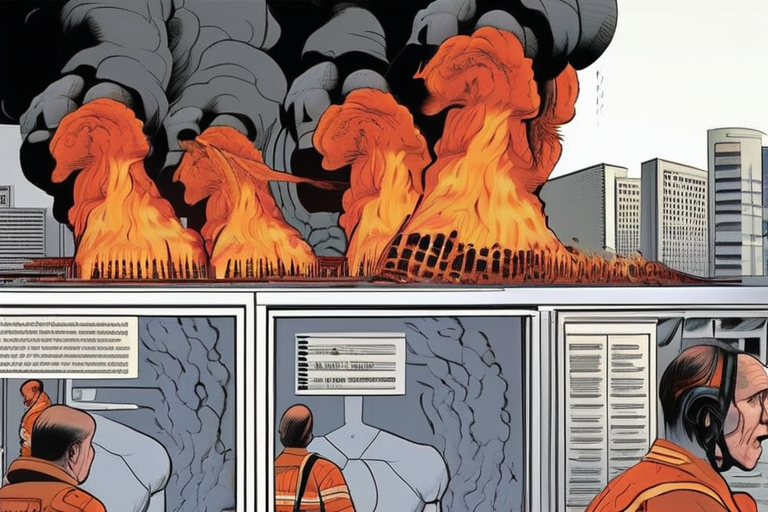




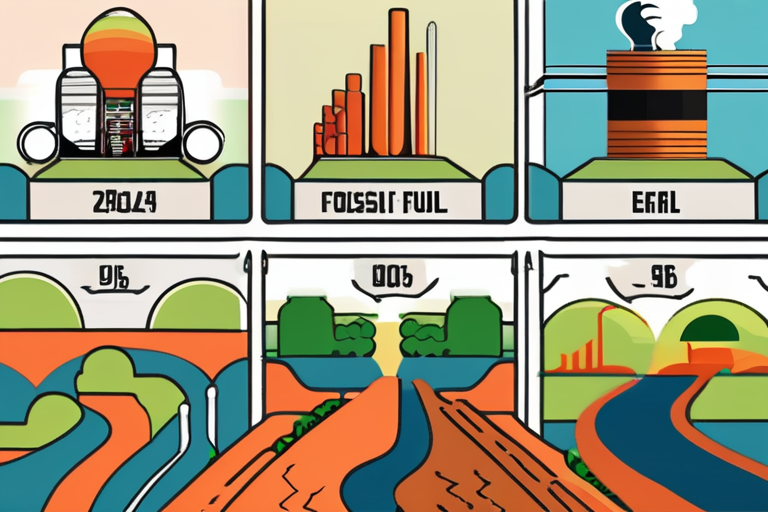
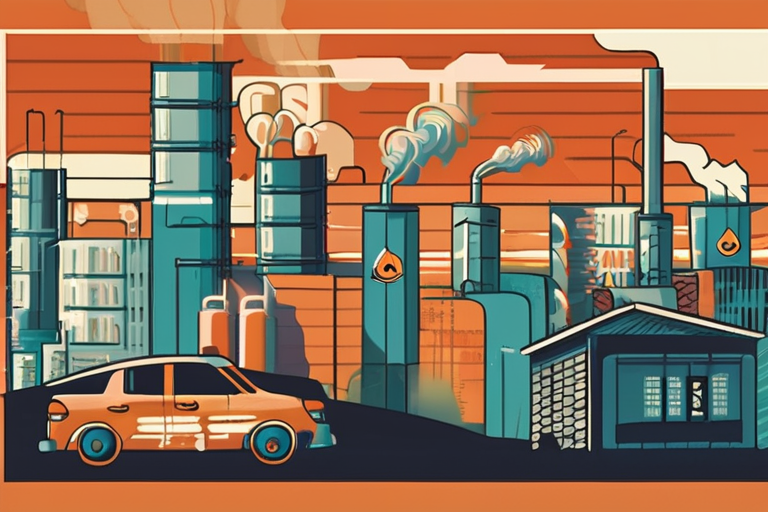


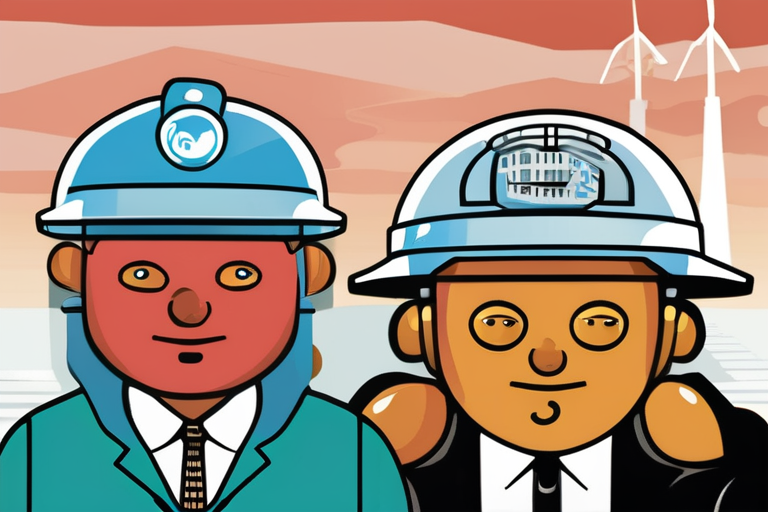




Share & Engage Share
Share this article